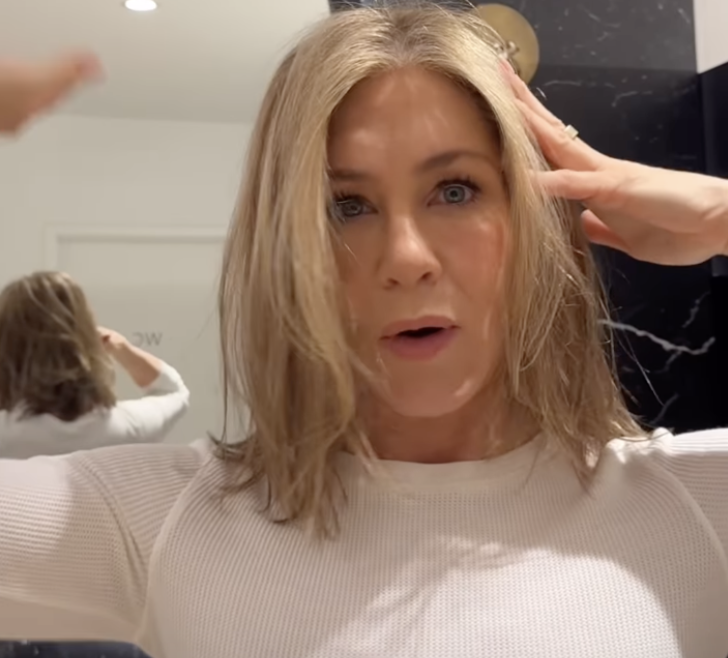Sydney Sweeney, a prominent actress known for her roles in “Euphoria” and “The White Lotus,” has recently stirred up debates on whether woke culture is dead. Her public statements and actions have ignited discussions across social media and various media platforms, reflecting broader societal tensions surrounding the concept of “wokeness.”




The term “woke,” originally rooted in African American Vernacular English (AAVE), referred to an awareness of social injustices, particularly those related to race and inequality. Over time, it has evolved and expanded to encompass a broader awareness of various social issues, including gender, sexuality, and environmental concerns. However, in recent years, “woke culture” has become a polarizing topic.





Sweeney’s role in this debate emerged prominently when she expressed frustrations over the backlash she received for her personal and professional choices. In a candid interview, she voiced her concerns about the pressures of conforming to public expectations and the constant scrutiny over her actions. This has led to a significant online discourse, with some agreeing that the intense focus on being politically correct and the fear of being “canceled” is stifling authentic expression and dialogue.




On one side of the debate, critics of woke culture argue that it has become excessively punitive and intolerant of differing viewpoints. They assert that the fear of being labeled as “problematic” leads to self-censorship and inhibits open discussions. Sweeney’s experiences resonate with those who feel that the culture of calling out and canceling individuals for perceived transgressions is counterproductive and fosters a climate of fear rather than understanding.




Conversely, proponents of woke culture maintain that it is a necessary force for holding individuals and institutions accountable. They argue that the scrutiny and demands for better behavior are essential for progress and equity. For these individuals, the backlash Sweeney experiences is seen as part of a broader societal push towards greater accountability and justice. They believe that the discomfort she and others may feel is a necessary part of challenging entrenched inequalities and prejudices.



Sweeney’s situation has also highlighted the role of social media in these debates. Platforms like Twitter and Instagram amplify voices and opinions, often leading to swift and widespread reactions. The virality of such discussions can both empower marginalized voices and create an environment where missteps are harshly judged. This duality underscores the complexity of the discourse surrounding woke culture.




